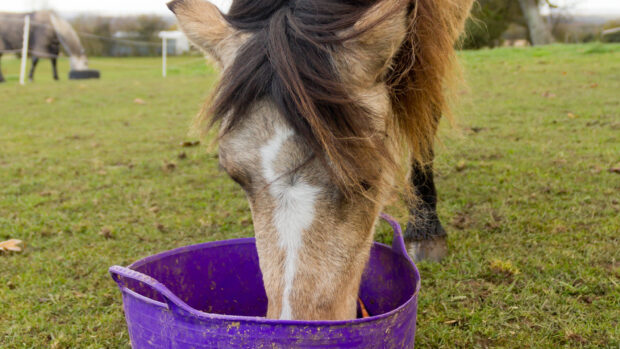Echinacea is indigenous to North America, but is now widely grown throughout Europe.
Echinacea is a common plant in North America, with purple or white flowers which grow in height to approximately 3ft. It is sometimes referred to as the coneflower and has been used for centuries as a treatment for colds, flu and general infections.
Echinacea (echinacea pallida) is believed to have been in use since the 1600s when samples of it were discovered at a Sioux Indian village in South Dakota that was being excavated.
In the USA there are many medical references to this plant, particularly between 1750 to 1900 when it was used to treat a number of diseases including syphillis, snake bites, blood poisoning and typhoid.
By the late 19th century, a number of major drug companies started to produce medicines for a wide range of ailments, all based on echinacea.
Between 1930 and 1990, little or no new research work was conducted but in more recent times there has been increased interest in it use to help boost the immune system.
The subject of more than 350 scientific studies, echinacea has proved effective both in tissue regeneration and as an anti-inflammatory.
One of its major features is the enhanced stimulation of white blood cells into areas of infection and is a proven imuuno stimulant, which means echinacea can be used as a preventative where infections are locally present.
If for example, an infected horse or pony is introduced to a yard, a course of echinacea will benefit not only the infected horse, but also the remaining horses in the yard, where it will boost their antibody levels and act as a preventative to cross infection.
Echinacea can also be used:



